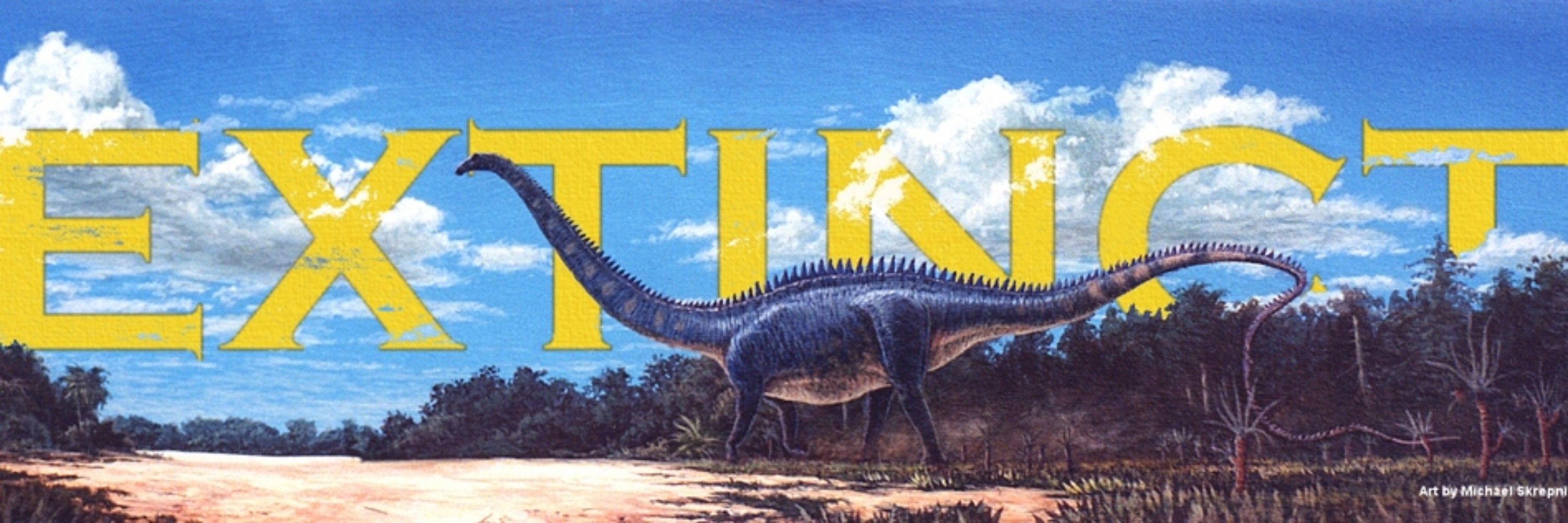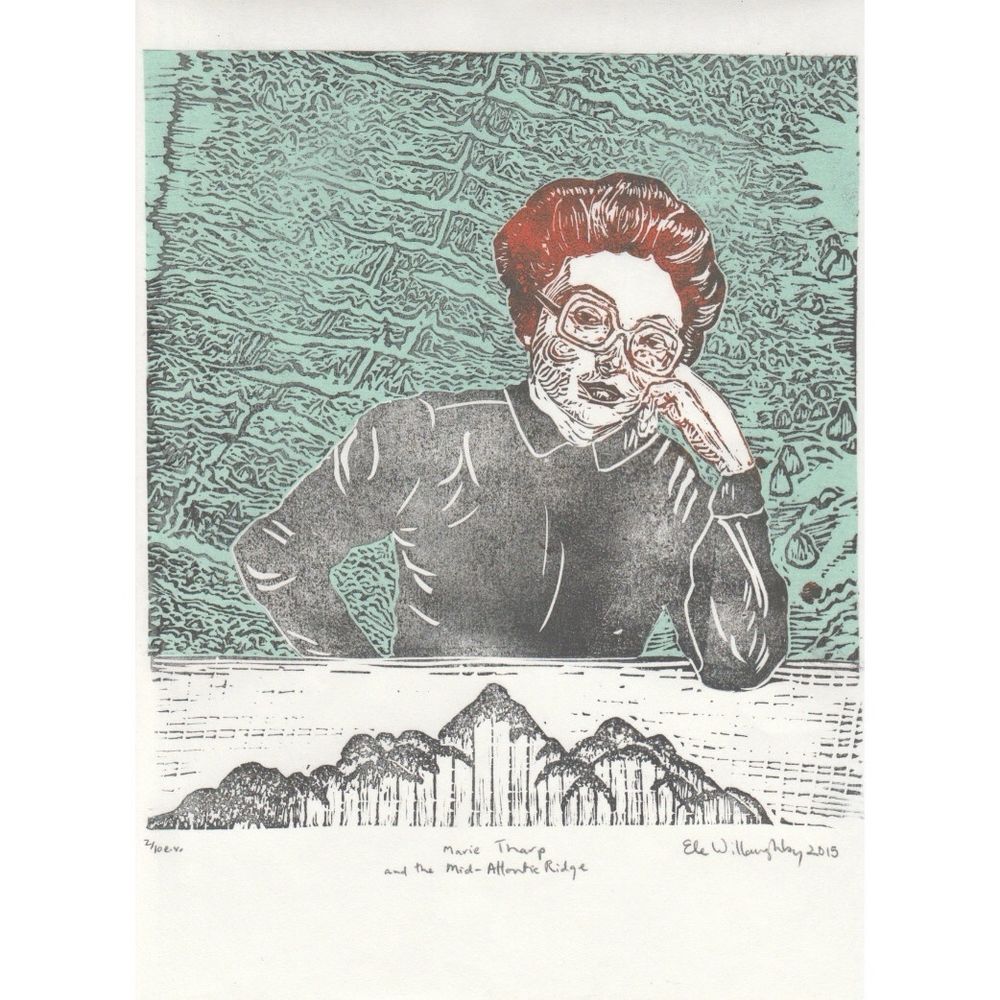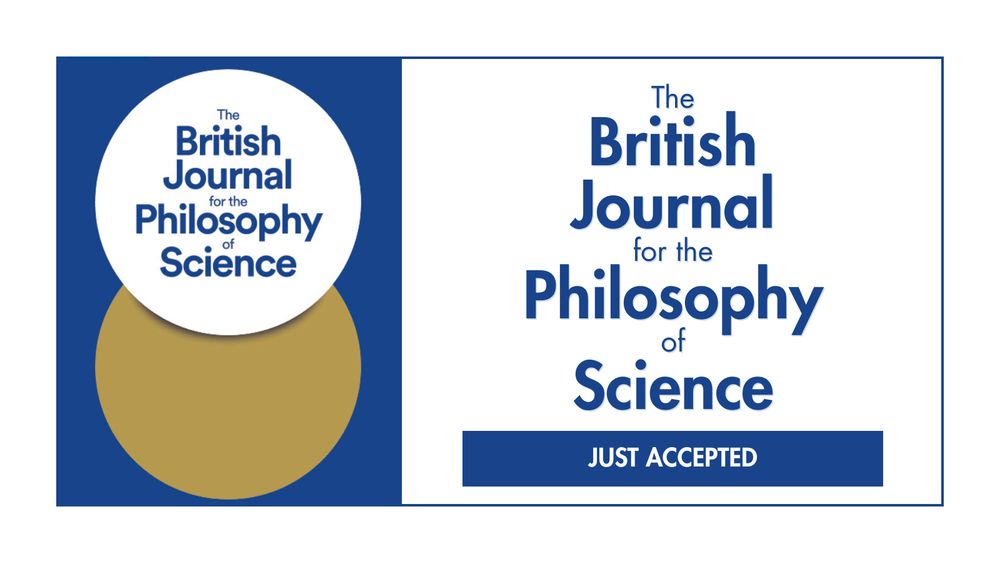Extinct blog
@extinctblog.bsky.social
360 followers
88 following
100 posts
Extinct, the philosophy of paleontology blog, publishes regular essays on the history and philosophy of the historical sciences (especially paleontology). http://www.extinctblog.org/ Max Dresow, managing editor: www.maxdresow.com
Posts
Media
Videos
Starter Packs
Reposted by Extinct blog
Reposted by Extinct blog
Reposted by Extinct blog
Reposted by Extinct blog
Reposted by Extinct blog
Reposted by Extinct blog
Reposted by Extinct blog
Reposted by Extinct blog
Reposted by Extinct blog
NiCHE Canada
@nichecanada.bsky.social
· Sep 2

The Final Frontier is Closer Than You Think - An Interview with Dagomar Degroot
Space shaped humanity—from asteroid extinctions to ice age shifts, Martian dust storm science, and solar technologies—revealing cosmic forces’ enduring influence.
niche-canada.org
Reposted by Extinct blog
Reposted by Extinct blog
Reposted by Extinct blog
Reposted by Extinct blog
Extinct blog
@extinctblog.bsky.social
· Aug 30
Reposted by Extinct blog
Reposted by Extinct blog
Reposted by Extinct blog
Extinct blog
@extinctblog.bsky.social
· Aug 25

Max's new Cambrian paper — Extinct
Since I just posted my new paper on the historical challenge of classifying the Ediacaran biota , let me shamelessly promote another new paper, this one on the origin of the expression “Cambrian expl...
www.extinctblog.org



















